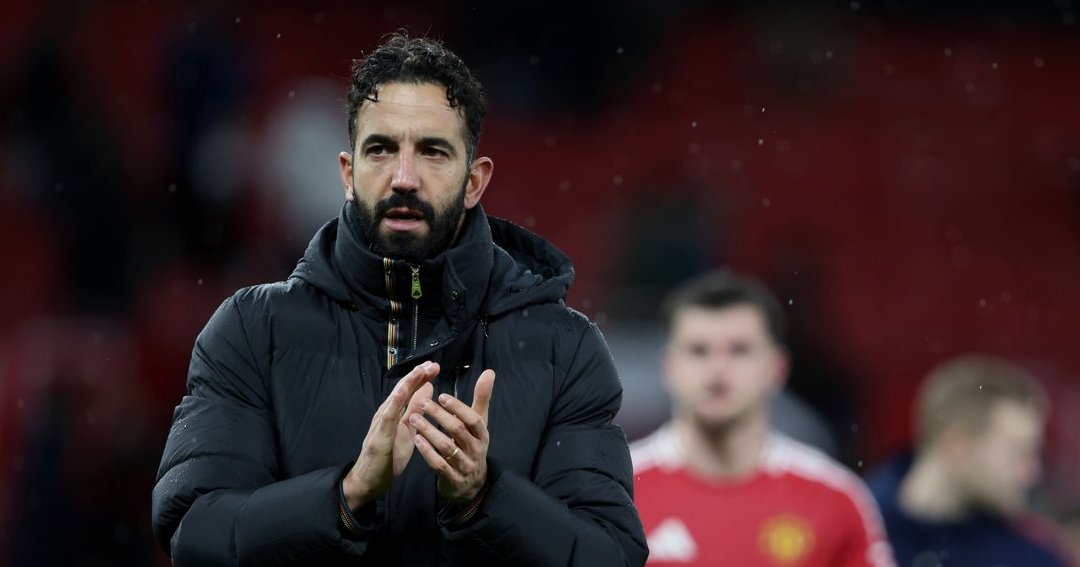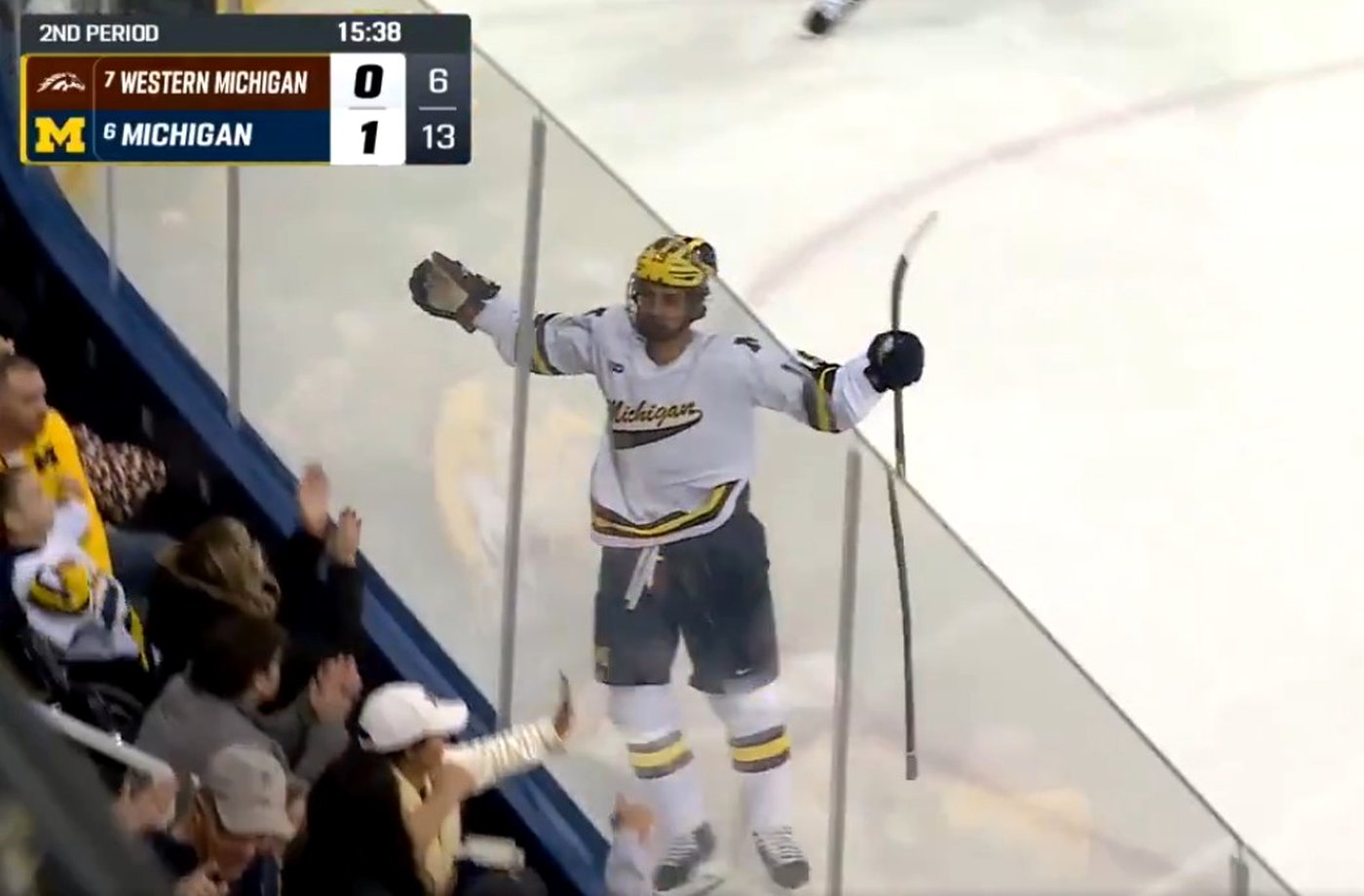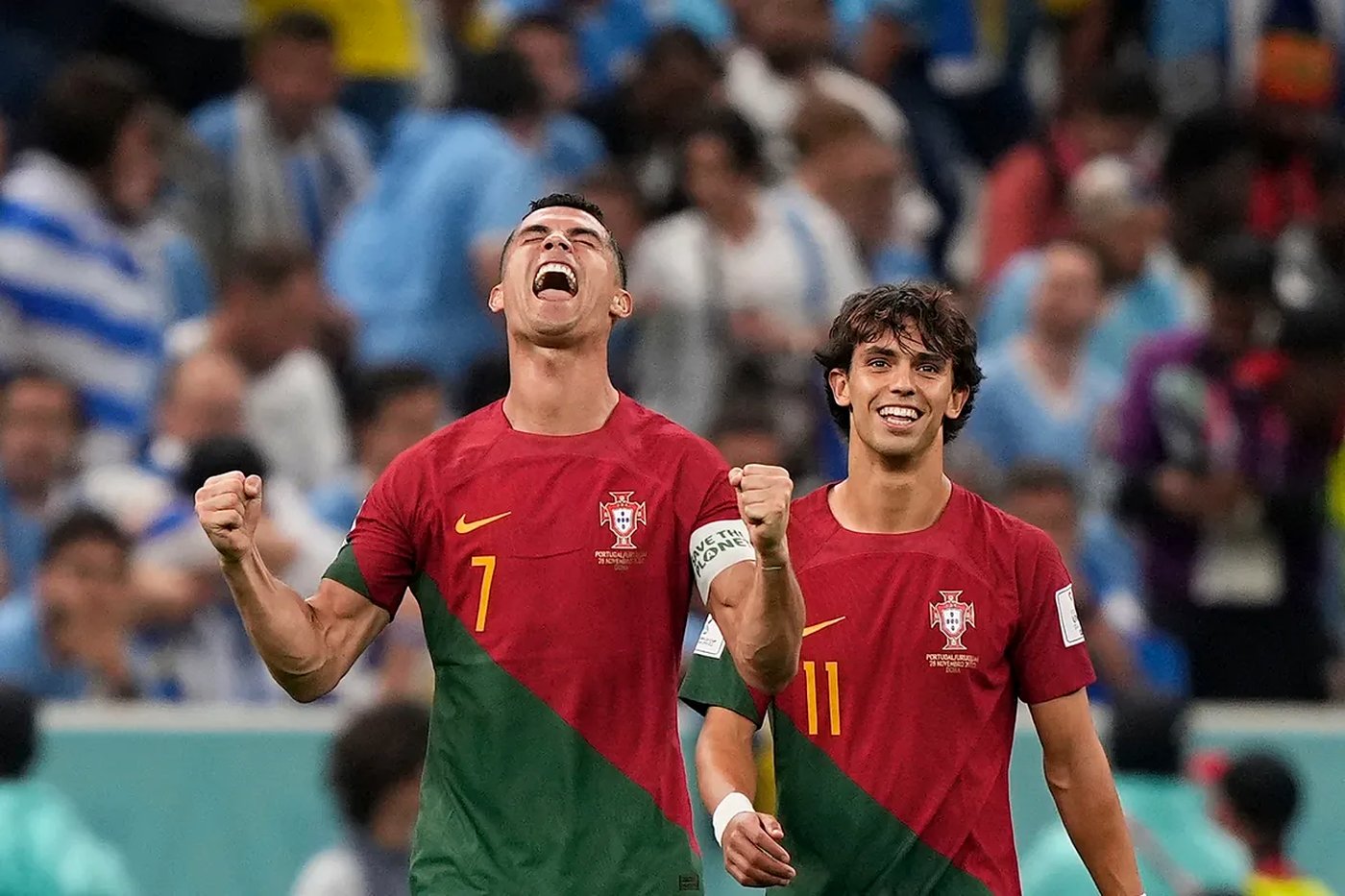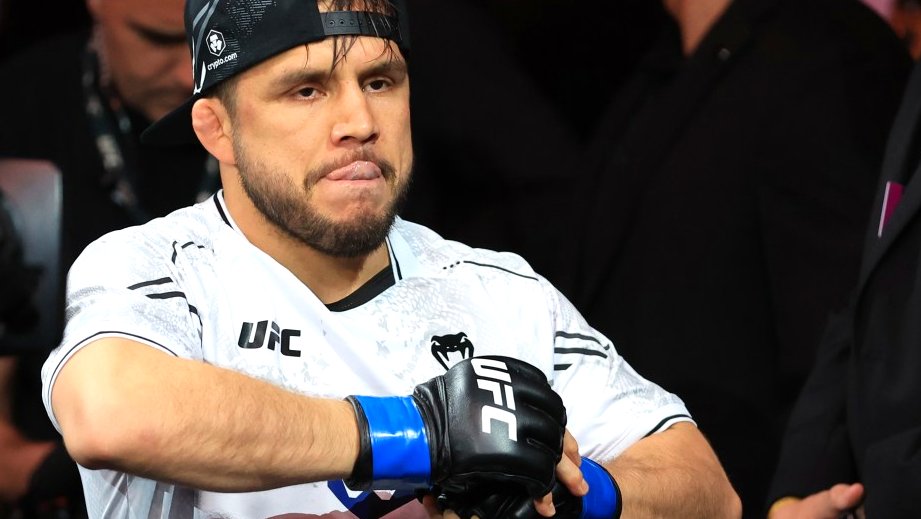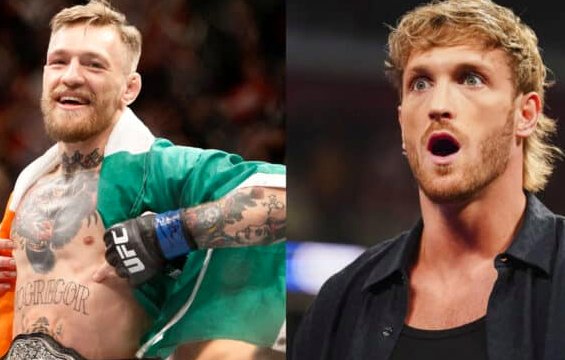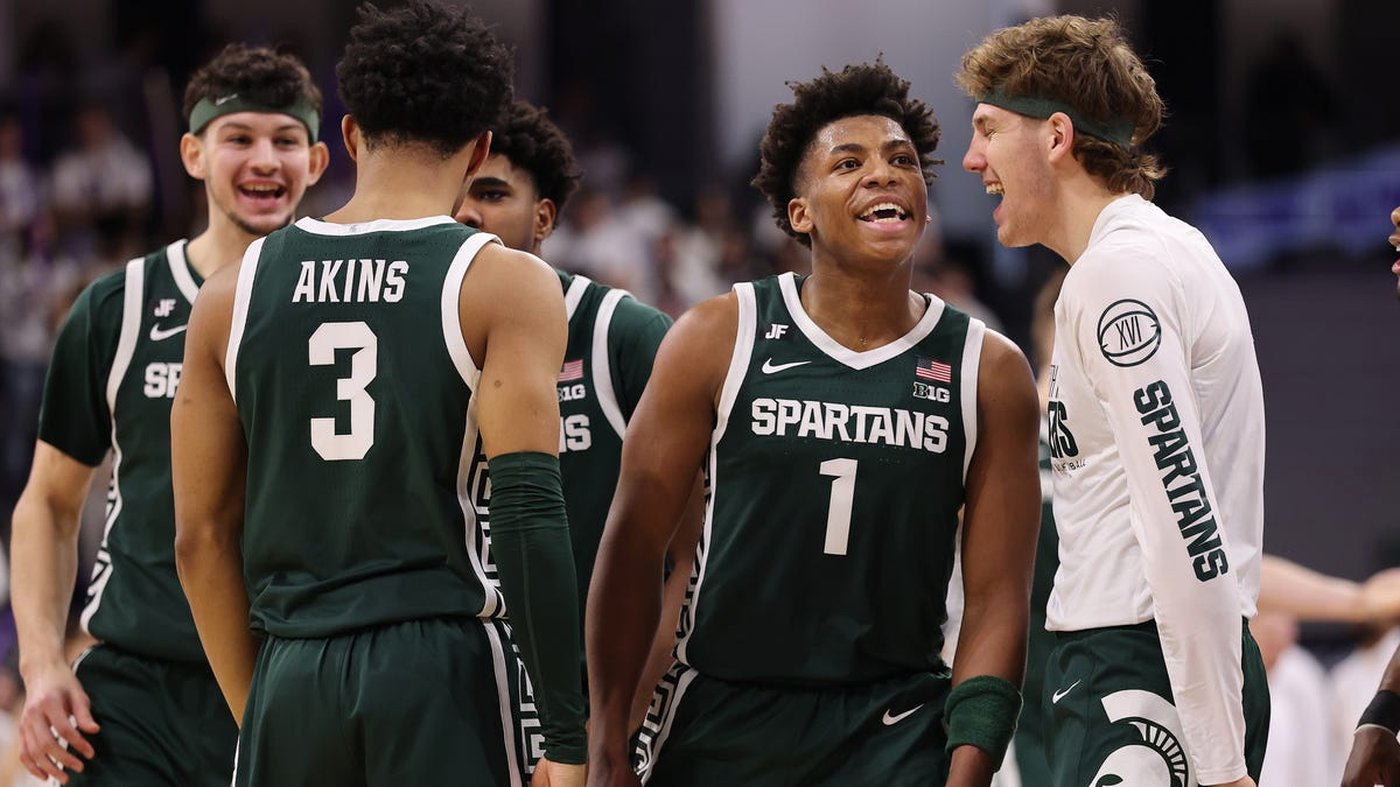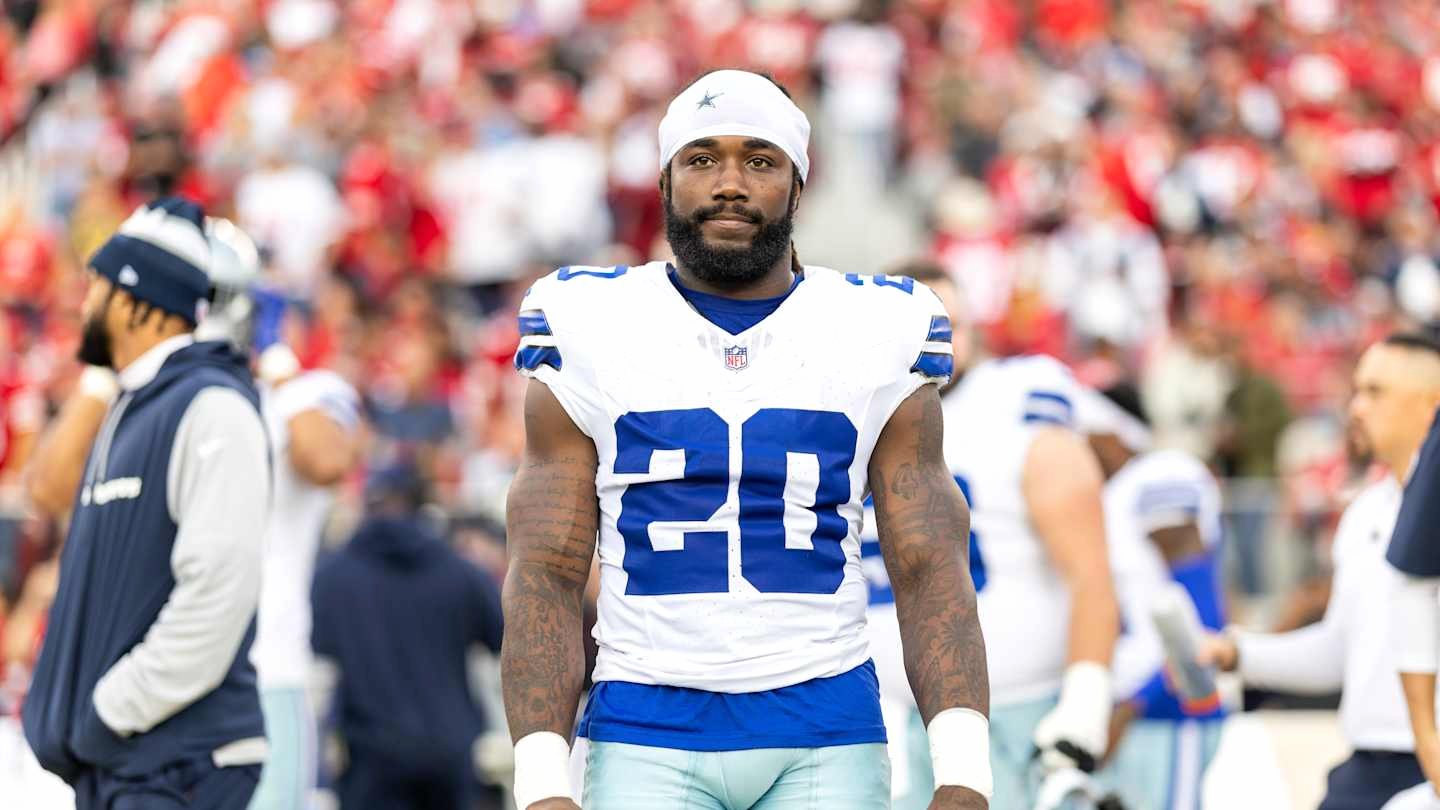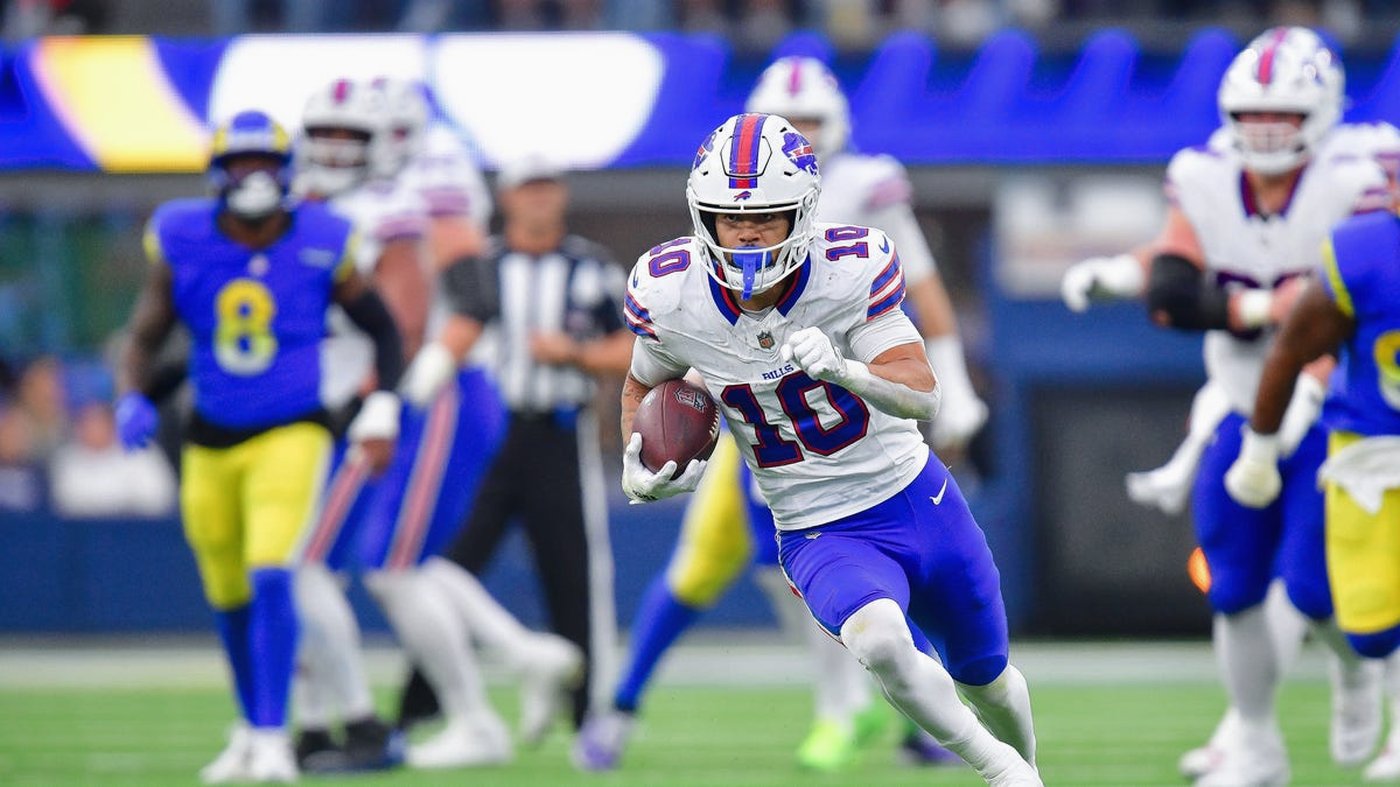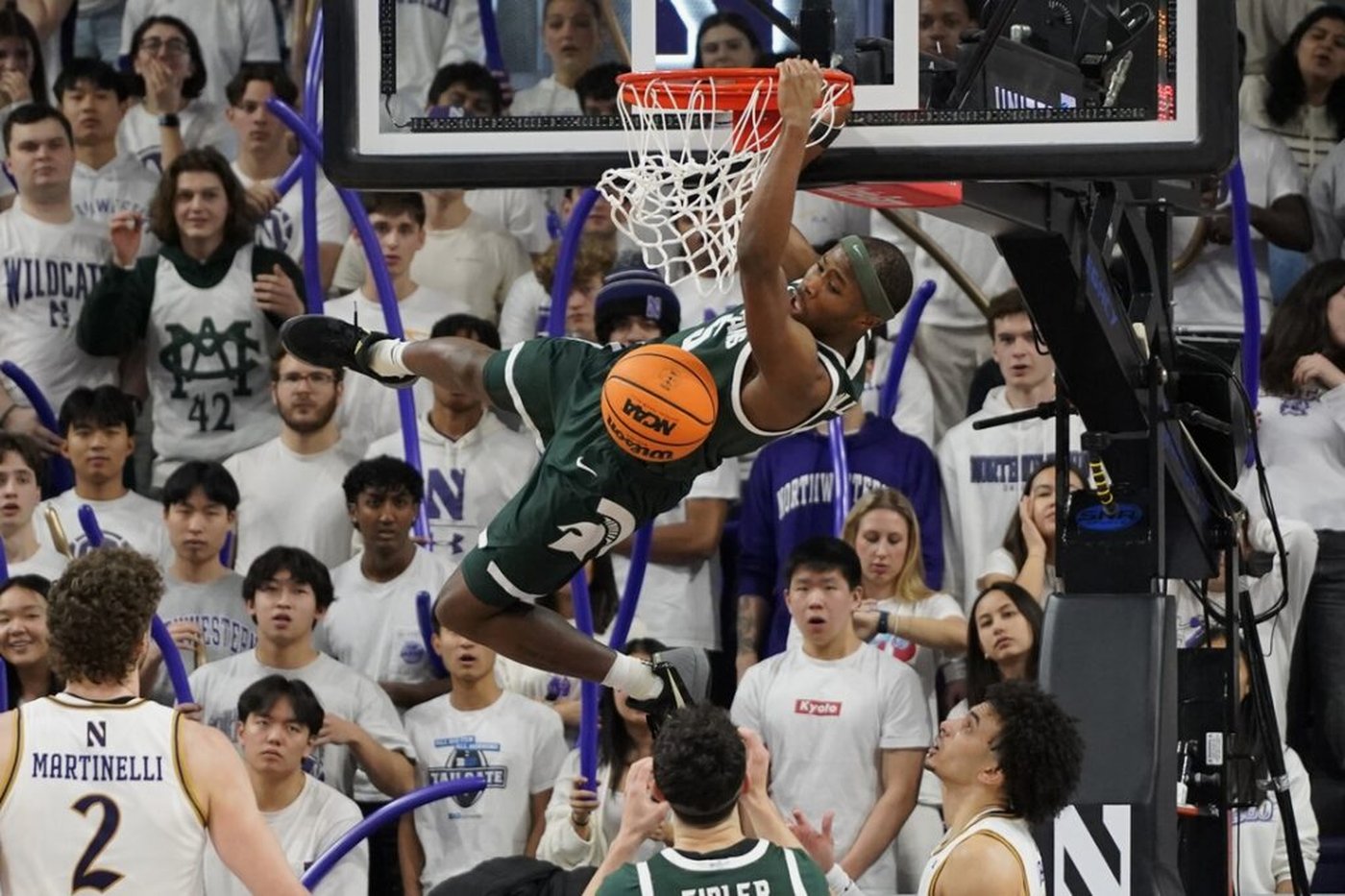Manchester United enters the January transfer window under significant financial constraints, with no budget for new signings unless player sales are made. Head coach Ruben Amorim has acknowledged the limitations, as the club struggles in 14th place in the Premier League and risks breaching Profitability and Sustainability Rules (PSR). Key players like Marcus Rashford could be on the move to generate funds for reinforcements.
United’s financial predicament: A closer look
The Red Devils’ current financial struggles stem from an aggressive spending spree in recent years, including over £600 million on acquisitions during former manager Erik ten Hag’s tenure. The club’s summer signings, such as Manuel Ugarte, Matthijs de Ligt, and Noussair Mazraoui, have pushed United close to the PSR threshold, which limits losses to $105 million over three years. Despite projected revenues of $650-670 million for this financial year, United reported a $113 million loss in the 2023/24 season.
Additionally, the club is still absorbing costs related to Ten Hag’s dismissal and the $11 million fee paid to Sporting CP for Amorim’s hire. The financial strain has left Amorim with minimal options to strengthen his squad mid-season, forcing the club to adopt a sell-to-buy strategy.
Key players on the chopping block
Marcus Rashford, a homegrown talent and one of United’s highest earners, has publicly expressed his desire for a new challenge. If sold, Rashford’s transfer fee would count as pure profit under PSR regulations, potentially enabling the club to reinvest in much-needed reinforcements. However, moving Rashford or other high-profile players like Harry Maguire, Christian Eriksen, or Victor Lindelof has proven challenging in recent years due to their elevated wages and limited market interest.
Rashford’s departure could also leave a significant void in United’s attacking lineup, further complicating Amorim’s efforts to implement his 3-4-3 system effectively. The club’s lack of natural left wing-backs and reliable goal scorers has been a glaring issue, as evidenced by their meager tally of 21 goals in the Premier League this season.
Amorim’s challenges in reshaping the squad
Ruben Amorim, who took over managerial duties mid-season, has emphasized the importance of sticking to his tactical philosophy, despite the team’s struggles. “I have to sell my idea. If I change all the time, it is going to be even worse,” Amorim said following United’s 2-0 loss to Newcastle. The coach inherited a squad built for Erik ten Hag’s system, making the transition to his preferred setup more difficult.
The absence of a natural left wing-back has been particularly problematic. Diogo Dalot, typically a right-back, has been deployed on the left side but has struggled to adapt. With Luke Shaw facing recurring injuries and Tyrell Malacia unable to regain his form, Amorim’s system lacks the balance and width required to be effective. Reports suggest United might consider recalling Alvaro Fernandez from Benfica using a buy-back clause, but even such a move would require financial maneuvering.
Additionally, the club’s forward line remains underwhelming. Despite signing several high-profile attackers in recent years, no consistent goal scorer has emerged. With Rashford potentially leaving, United may be forced to rely on short-term solutions, such as loan deals, to fill the gap until summer transfers become viable.
Will INEOS ownership bring relief?
Amid the financial struggles, fans had hoped the partial acquisition of Manchester United by INEOS, spearheaded by British billionaire Sir Jim Ratcliffe, would provide immediate relief. However, insiders claim that INEOS is unable to intervene financially due to the constraints of PSR and Financial Fair Play regulations. “They can’t do anything without movement from the squad,” a source revealed, highlighting the complexity of the situation.
INEOS’s involvement is expected to influence the long-term restructuring of the club, but its impact may not be felt in time for the January window. Amorim and his backroom staff will likely need to rely on internal solutions and tactical tweaks to weather the storm in the short term.
What’s next for Manchester United?
With the January transfer window fast approaching, the onus is on United’s management to handle player sales efficiently while identifying bargain opportunities in the market. The club could explore loan deals, akin to their January 2023 acquisitions of Wout Weghorst and Marcel Sabitzer, as a stop -gap measure. However, the difficulty of finding high-impact players during the winter window complicates this approach.
For Ruben Amorim, the challenge extends beyond transfers. The Portuguese coach must find a way to revive a squad that has lost five of its last six Premier League matches, leaving them perilously close to the relegation zone. With European qualification appearing unlikely, the pressure is mounting to stabilize the team and avoid becoming embroiled in a relegation battle—a scenario almost unthinkable for a club of Manchester United’s stature.
The coming weeks will be pivotal for the Red Devils. If key player sales, such as Marcus Rashford, materialize, they may have the breathing room to address some of their most pressing squad deficiencies. However, if no significant moves are made, United fans may have to endure a turbulent second half of the season, with survival potentially taking precedence over aspirations of a return to glory.
As the January window opens, Manchester United faces a defining moment, with their financial limitations serving as both a challenge and a test of the club’s ability to navigate adversity. Whether Amorim and the board can steer the club through these troubled waters remains to be seen, but the stakes could not be higher for one of football’s most storied institutions.
Related posts:
- Liverpool’s Transfer Strategy Under Scrutiny as January Window Opens
- Manchester United’s Struggles Deepen After Humiliating Defeat to Newcastle
- Top Soccer Stars Set to Become Free Agents in 2025: A Game-Changing Transfer Window
- Marco Asensio Sparks Interest Across Europe as PSG Eyes Potential Winter Exit

